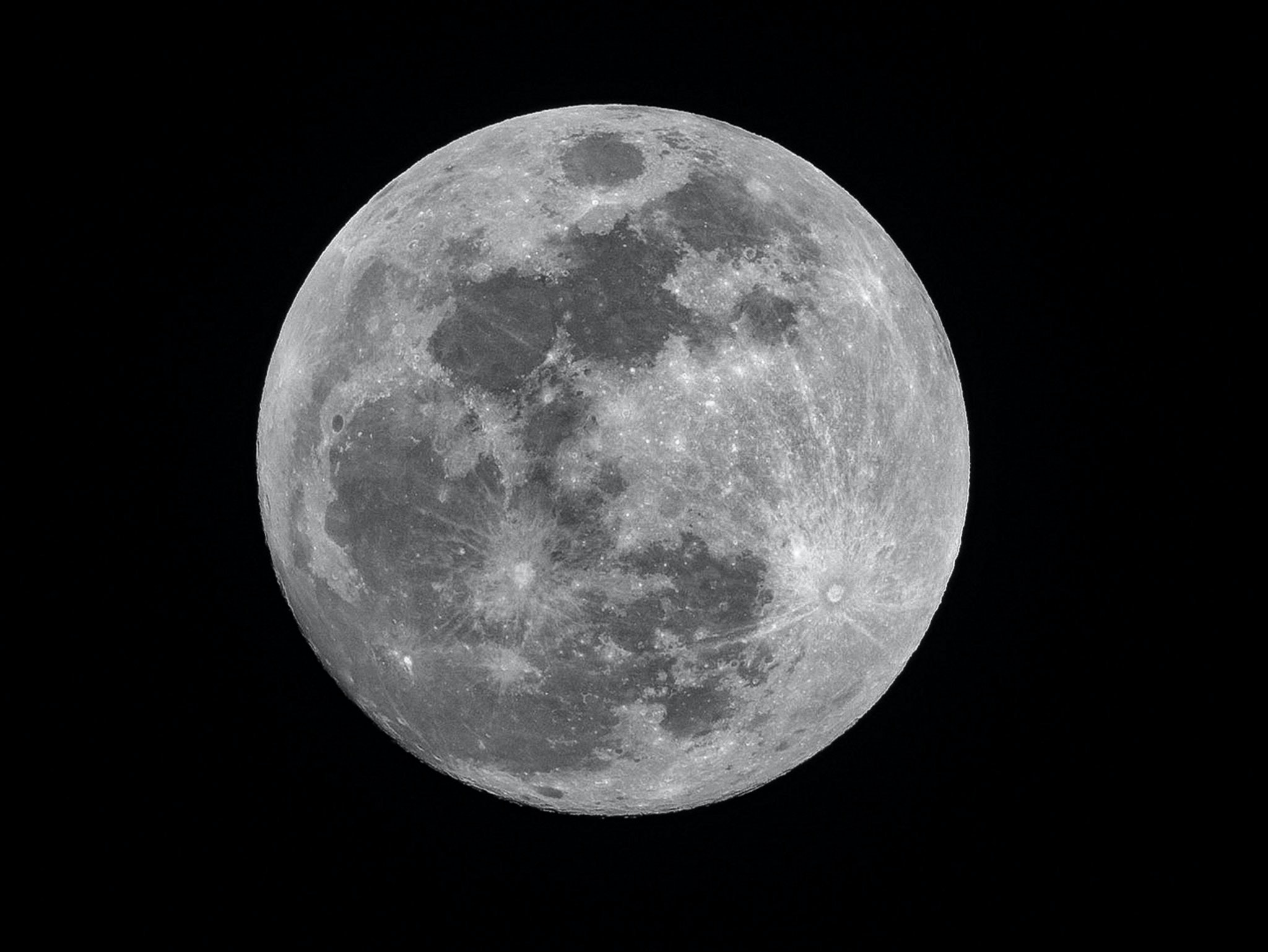Ancient Rites: Victory or Valhalla
Welcome to our journey through the ancient rites and traditions of victory and Valhalla. In this blog post, we will delve deep into the world of ancient civilizations and explore the fascinating rituals and beliefs surrounding the concepts of victory and the mythological hall of Valhalla.
Table of Contents
Introduction
The human desire for victory and the afterlife has been an integral part of ancient cultures throughout history. The concepts of triumph in battle and the promise of an otherworldly paradise have inspired and influenced societies for centuries. Ancient civilizations developed complex rites and mythologies surrounding these ideas, shaping their traditions and providing comfort to their warriors.
Ancient Rites of Victory
In ancient times, victory in battle was seen as a significant achievement, often resulting in praise, rewards, and special rituals. The cultures of the Greeks, Romans, Egyptians, and various ancient Mesopotamian civilizations all held unique ceremonies and rites to honor their victorious warriors.
The Greeks celebrated victory through athletic competitions, particularly the Olympic Games. Athletes from various city-states would come together to compete in disciplines such as wrestling, running, and chariot racing. Victorious athletes were showered with adoration, fame, and material rewards from their respective cities.
Ancient Romans, on the other hand, held triumphal processions known as “Triumphs.” These grand parades celebrated the military victories of Roman generals and were held in Rome. The victorious commander would lead the procession through the city, displaying the spoils of war and the captured enemies. The Roman people would cheer and honor the triumphant heroes, further solidifying their status and legacy.
In ancient Egypt, the pharaohs and nobility sought victory in battle to protect their kingdom and secure their dynasties. Military campaigns were seen as sacred duties, and success in war was celebrated through grand feasts, offerings to gods, and the construction of monumental structures like temples and statues.
Ancient Mesopotamian civilizations, such as the Assyrians, Babylonians, and Sumerians, also had their unique rituals for celebrating victory. These cultures believed that their deities played a fundamental role in their triumphs, and thus, victory ceremonies often involved offerings and praises to the gods. Religious festivals devoted to war gods were held to commemorate the successful outcome of battles.
The Myth of Valhalla
Valhalla, a mythical hall in Norse mythology, represents an afterlife realm reserved for select warriors who died in battle. In Norse belief, those who died bravely in combat were granted entry into Valhalla by the Valkyries, female figures who chose the bravest warriors to serve Odin, the chief Norse god. This otherworldly hall was described as a place of honor, feasting, and eternal glory.
The idea of Valhalla enticed Norse warriors, fueling their determination and fearless resolve in battle. The promise of an afterlife where they could continue fighting alongside fellow warriors and receive the admiration of the gods inspired them to pursue victory with unmatched bravery.
According to ancient Norse texts, Valhalla was depicted as a great hall with endless feasts, abundant mead, and never-ending battles. The warriors who earned a place in Valhalla believed that their ultimate purpose was to fight and prepare for the apocalyptic event known as Ragnarok, during which they would fight alongside the gods against the forces of chaos.
Connections and Similarities
Although the ancient rites of victory and the myth of Valhalla originate from different cultures and time periods, there are intriguing connections and similarities between them.
One common thread is the glorification of warriors and their triumphs. Whether celebrated through games, triumphal processions, or the promise of an afterlife paradise, victorious warriors were revered and commemorated. These ancient societies bestowed honor and rewards upon those who proved themselves in battle, ensuring their legacy lived on.
Additionally, the cyclical nature of never-ending battles and the belief in a divine purpose for warriors unite these ancient traditions. The concept of eternal combat and preparation for future apocalyptic events is present both in the myth of Valhalla and in the belief systems of ancient Mesopotamian civilizations.
Conclusion
Ancient rites of victory and the myth of Valhalla provide a fascinating glimpse into the mindset and aspirations of ancient civilizations. They reveal the importance placed on triumph in battle and the desire for an afterlife that rewarded courageous warriors.
The rituals conducted by ancient Greeks, Romans, Egyptians, and Mesopotamians, along with the Norse belief in Valhalla, showcase how victory and the promise of paradise motivated and unified ancient societies.
While these ancient beliefs and traditions have evolved or been replaced in modern times, they serve as a testament to the enduring human desire for triumph, glory, and an eternal legacy.
Table of Contents
